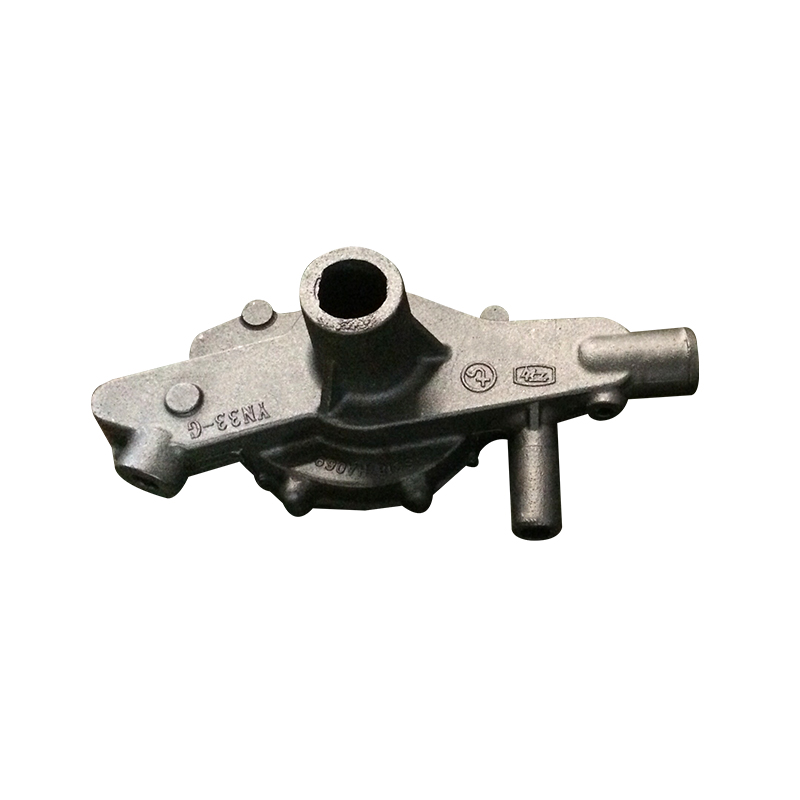The Role of High Pressure Die Casting Mold in the Development of Precision Casting
Industry News-Precision casting, as the name suggests, involves the creation of parts with high dimensional accuracy and tight tolerances, making it ideal for industries that require intricate designs and high-performance components. The high pressure die casting mold plays an essential role in achieving the precision required for these components. This method involves injecting molten metal into a mold under very high pressure, typically ranging from 10,000 to 30,000 psi. The molten metal is forced into every crevice of the mold, ensuring that even the intricate details are captured.

The high-pressure injection process allows for the production of complex parts with consistent quality, reduced material waste, and faster production times. These molds can produce parts with fine features, smooth surface finishes, and minimal need for post-processing. Additionally, the use of high-pressure die casting molds significantly improves the strength and durability of the cast parts, as the high pressure ensures that the metal solidifies quickly, resulting in stronger, denser components.
By enabling the production of complex, lightweight, and precise parts, high pressure die casting molds have become indispensable in industries such as automotive and aerospace. These molds allow manufacturers to meet the growing demand for high-performance components that can withstand conditions while maintaining a high level of precision and consistency.
In recent years, the aluminum die casting machine has gained widespread attention as a vital tool in the manufacturing of lightweight yet durable components. As industries increasingly demand materials that combine strength with reduced weight, aluminum has become the material of choice for a variety of applications, particularly in the automotive and electronics sectors. The aluminum die casting machine has emerged as an efficient way to produce aluminum parts with high precision and surface quality.
The primary advantage of aluminum die casting lies in the metal's low density and exceptional strength-to-weight ratio. The aluminum die casting machine uses a high-pressure process to inject molten aluminum into precisely engineered molds, producing components that are lightweight, durable, and resistant to corrosion. These machines can produce a wide range of parts, from complex engine components to intricate housings for electronic devices.
One of the significant developments in the aluminum die casting machine technology is the integration of automated systems that optimize the casting process. Modern machines incorporate features like real-time monitoring, robotic handling, and automated cooling systems, ensuring greater consistency, efficiency, and precision. These improvements allow manufacturers to achieve high throughput while maintaining the quality of each component, making aluminum die casting machines particularly valuable for high-volume production runs.
Additionally, the aluminum die casting machine has seen advancements in its ability to handle various aluminum alloys, expanding its versatility for different applications. As aluminum continues to play an essential role in industries focused on reducing weight and improving energy efficiency, the demand for aluminum die casting machines will continue to grow, driving innovation in both design and manufacturing processes.
Together, these technologies are driving advancements in industries ranging from automotive to electronics, helping manufacturers produce components that meet the rising demand for performance, precision, and sustainability. As both technologies continue to evolve, their influence on precision casting and manufacturing will only grow, offering even greater opportunities for innovation in the years to come.
 En
En
 русский
русский Español
Español عربى
عربى Deutsch
Deutsch















